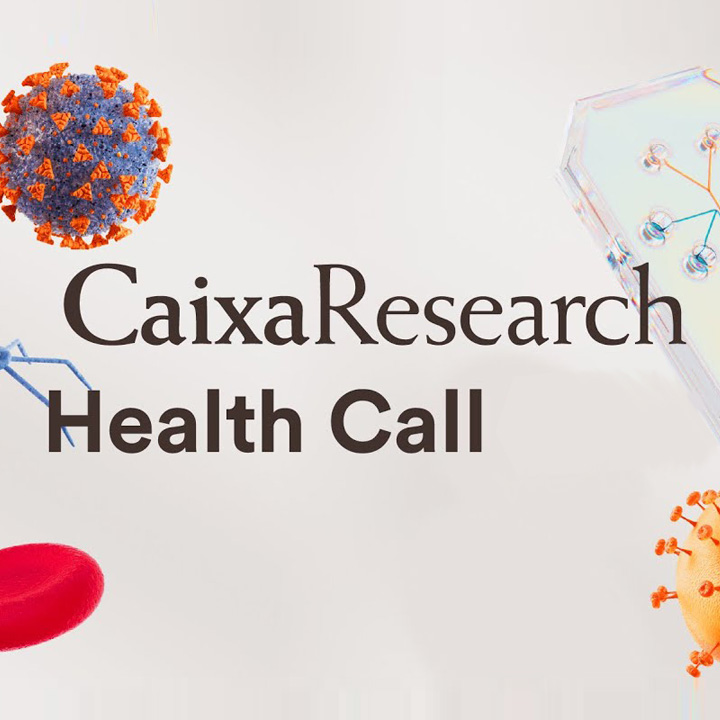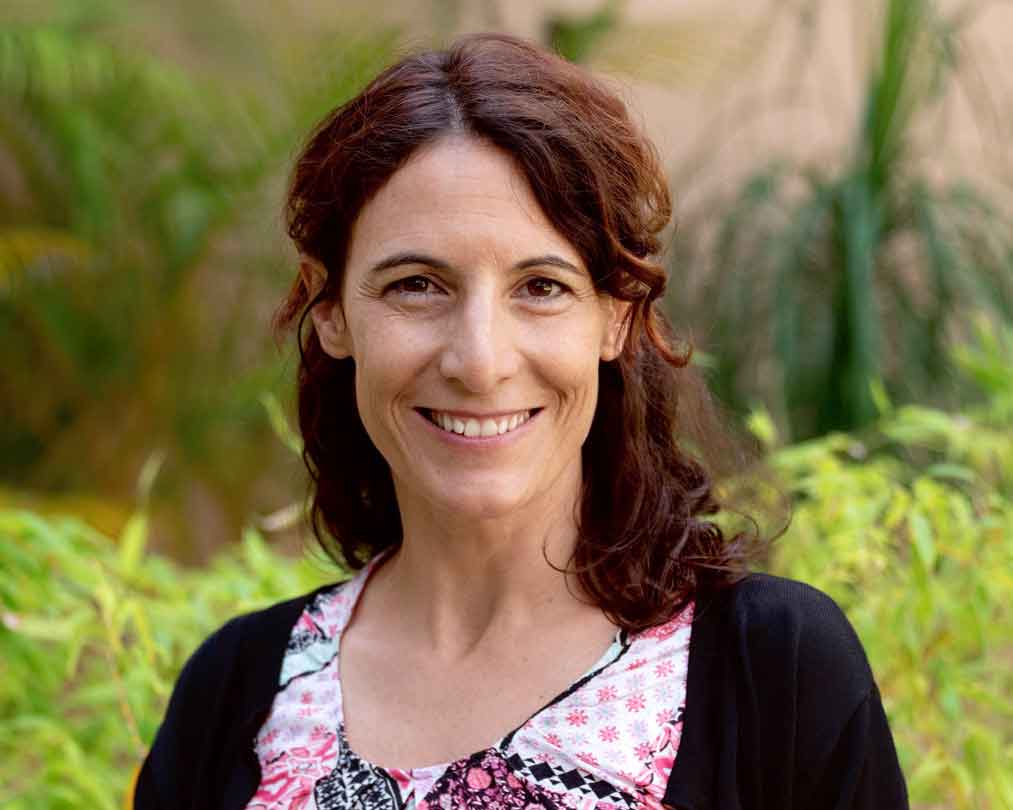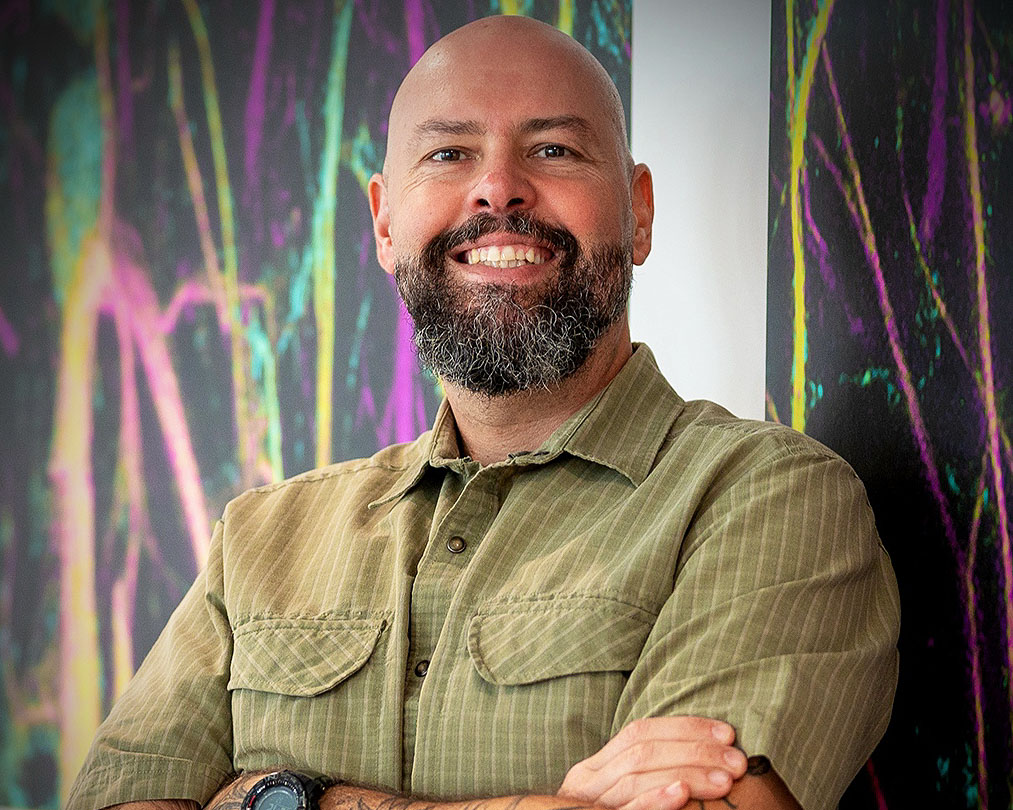New project funded by the Caixa Research 2023 call
The laboratory led by Juan Manuel Encinas Pérez in collaboration with researcher Christa Rhiner, from Champalimaud Center for the Unknown (Portugal) receives aid from the ”la Caixa” Foundation with nearly 900,000 euros to clarify and control intercellular communication in order to to promote brain regeneration after injury.
Today in Barcelona, the “la Caixa” Foundation hosted an event to award grants to 33 research projects in biomedicine and health. These projects will be conducted in various research centers, hospitals, and universities in Spain and Portugal. They were selected within the framework of the CaixaResearch call for Health Research 2023, which aims to promote outstanding biomedical research with significant social impact in basic, clinical, and translational research.
This year, the call received 493 proposals, and the selected projects are particularly focused on addressing health challenges, including infectious diseases, neurosciences, cardiovascular and related metabolic diseases, and oncology.



In this edition, a project with the participation of the Laboratory of Neural Stem Cells and Neurogenesis, led by the Ikerbasque researcher Dr. Juan Manuel Encinas Pérez, has been selected. Dr. Encinas Pérez serves as the co-principal investigator of the project, which is led by Dr. Christa Rhiner from the Champalimaud Center for the Unknown in Portugal. The grant awarded for this project amounts to 899,298.20 euros and is jointly financed by the “la Caixa” Foundation and the Fundação para a Ciência e a Tecnologia (FCT). The funding is intended to elucidate and control intercellular communication with the goal of promoting brain regeneration after an injury.
About 2% of the Western population lives with a disability resulting from brain injury. Globally, it is estimated that between 27 and 69 million new cases of brain injury occur each year, and the progression of these injuries is often unpredictable. Interactions between various types of brain cells, which engage in communication and information exchange, can be beneficial in promoting tissue repair in some instances. However, in other cases, this intercellular communication can have harmful effects, leading to chronic diseases that currently lack effective treatments.
The present project aims to address the question of why cell communication supports tissue repair in some cases while being detrimental in others. The focus is on studying the molecular foundations of the dialogue between brain cells in response to damage. The project seeks to understand the messages exchanged between cells that stimulate the repair and replacement of damaged cells following injury. Given the complexity of the mammalian brain, researchers will utilize a novel fruit fly model that mimics brain damage-induced diseases. The goal is to identify the genes and cellular interactions that promote repair. Once identified, these mechanisms will be further investigated using mice, with the ultimate objective of discovering new treatments capable of stimulating regeneration in damaged areas and preventing the onset of disabilities.
More information:
